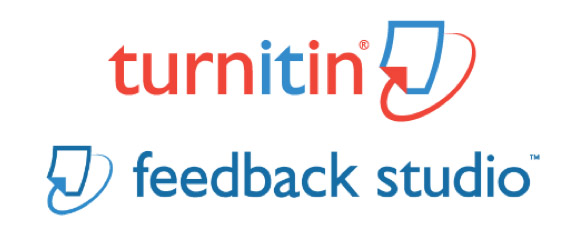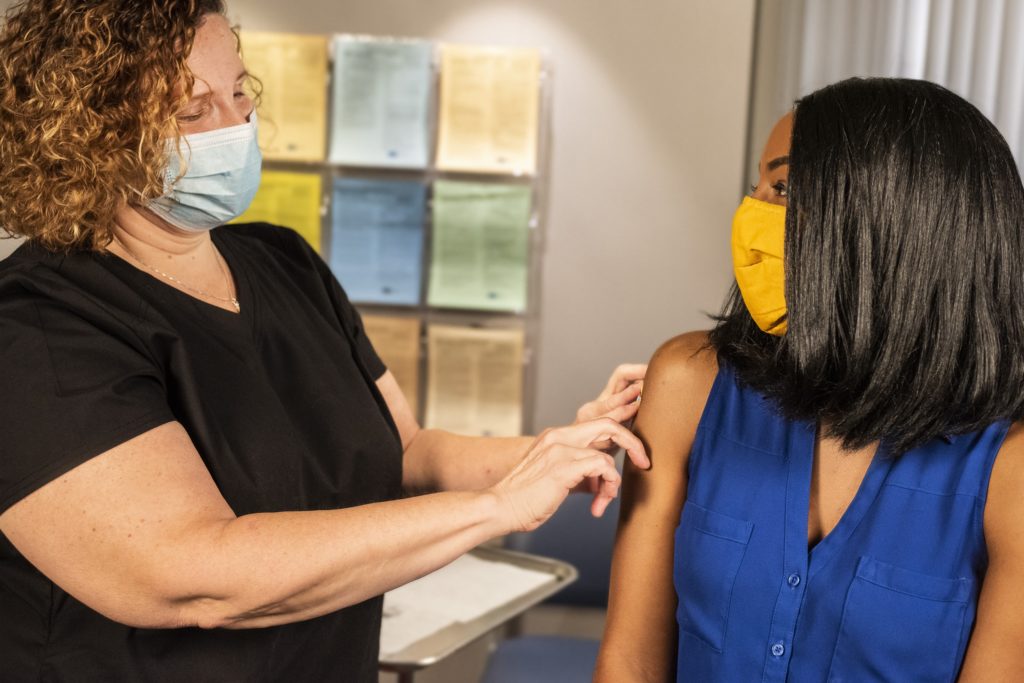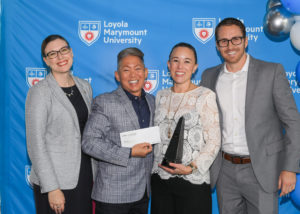INFORMATION TECHNOLOGY SERVICES | Loyola Marymount University has partnered for a pilot of Turnitin to help maintain our standards of excellence in academic integrity. Turnitin is a suite of tools that facilitates the grading process for instructors and provides instructors with information about the authenticity of submitted work.
“I am excited that this resource is available to our students and faculty,” said Executive Vice President and Provost Thomas Poon, Ph.D., “and I thank the Academic Technology Committee, Faculty Senate, and a summer working group of faculty and staff for their work in vetting multiple software options.”
To learn more about Turnitin, attend one of the workshops or reach out to your Instructional Technologist for more information.
Turnitin Pilot Workshops
LMU will be piloting Turnitin this fall, starting in the first week of September. Each workshop will be held in the Center for Teaching Excellence, located in University Hall 3030. Lunch will be provided.
- Monday, Sept. 9, 11 a.m. – 1 p.m.
- Tuesday, Sept. 10, 11 a.m. – 1 p.m.
- Wednesday, Sept. 11, 11 a.m. – 1 p.m.
- Thursday, Sept. 12, 11 a.m. – 1 p.m.
- Friday, Sept. 13, 11 a.m. – 1 p.m.
Visit its.lmu.edu/Turnitin for more information.
How does Turnitin Feedback Studio work?
Submitted files are compared against an extensive database of content comprising of over 165 million journal articles, 1 billion student papers, and 62 billion current and archived websites. Turnitin produces a similarity report and a similarity score. A similarity score is the percentage of a document that is similar to content held within the database. A similarity report gives the instructor more information about any potential matches and their sources. Turnitin does not determine if plagiarism has occurred. Instead, it gives instructors the information they need to determine the authenticity of work as a part of a larger process.




